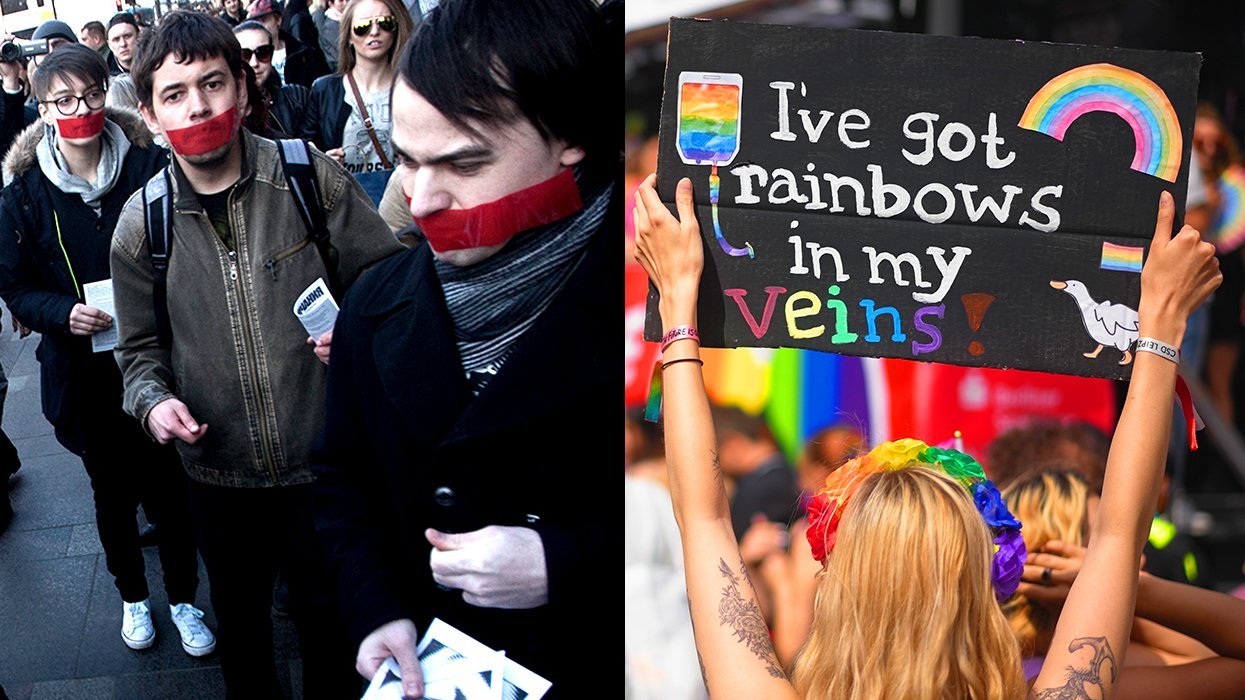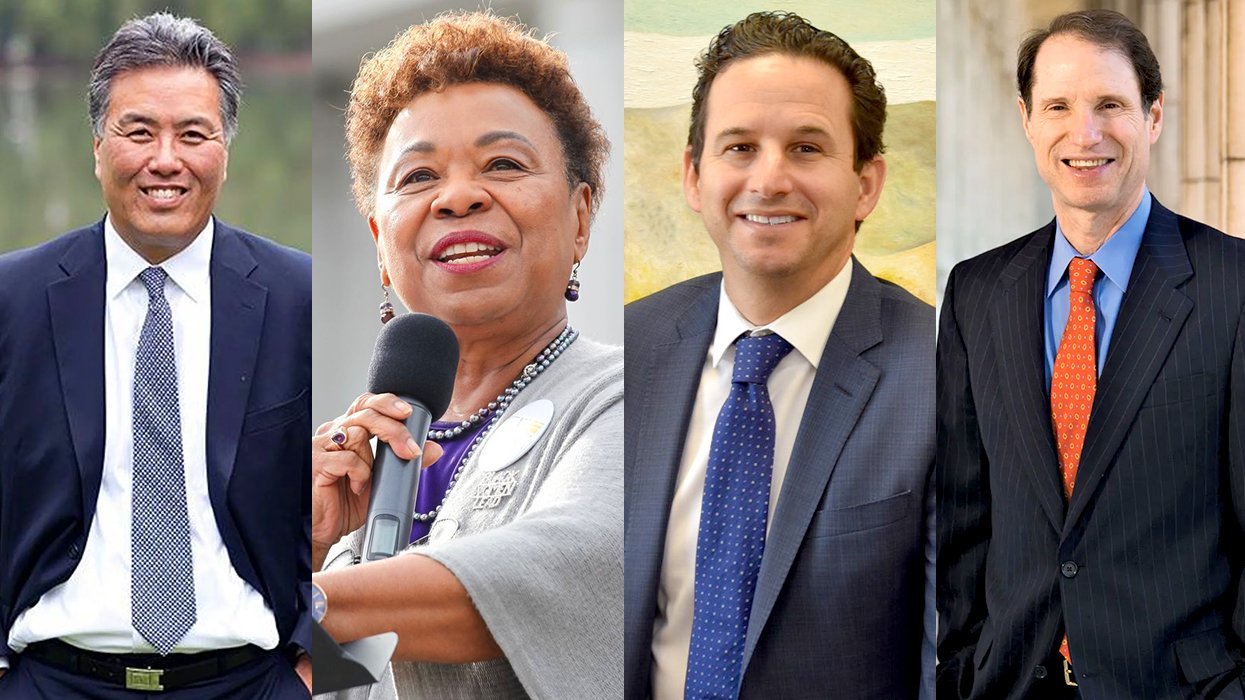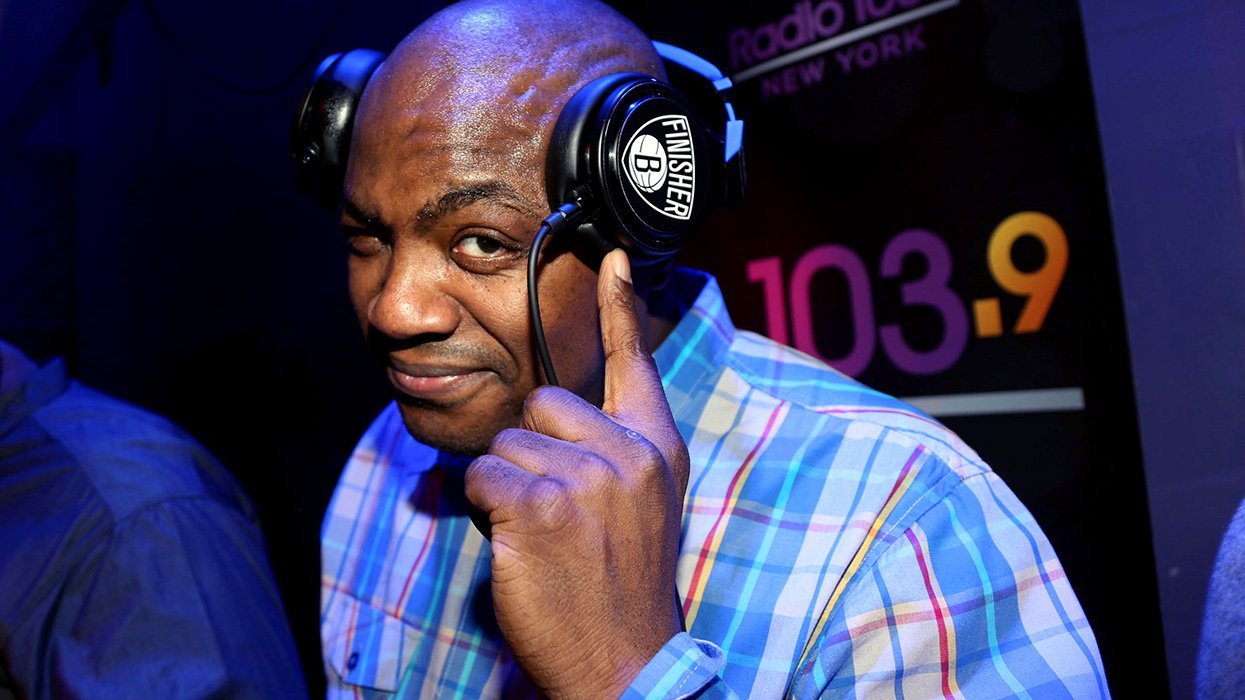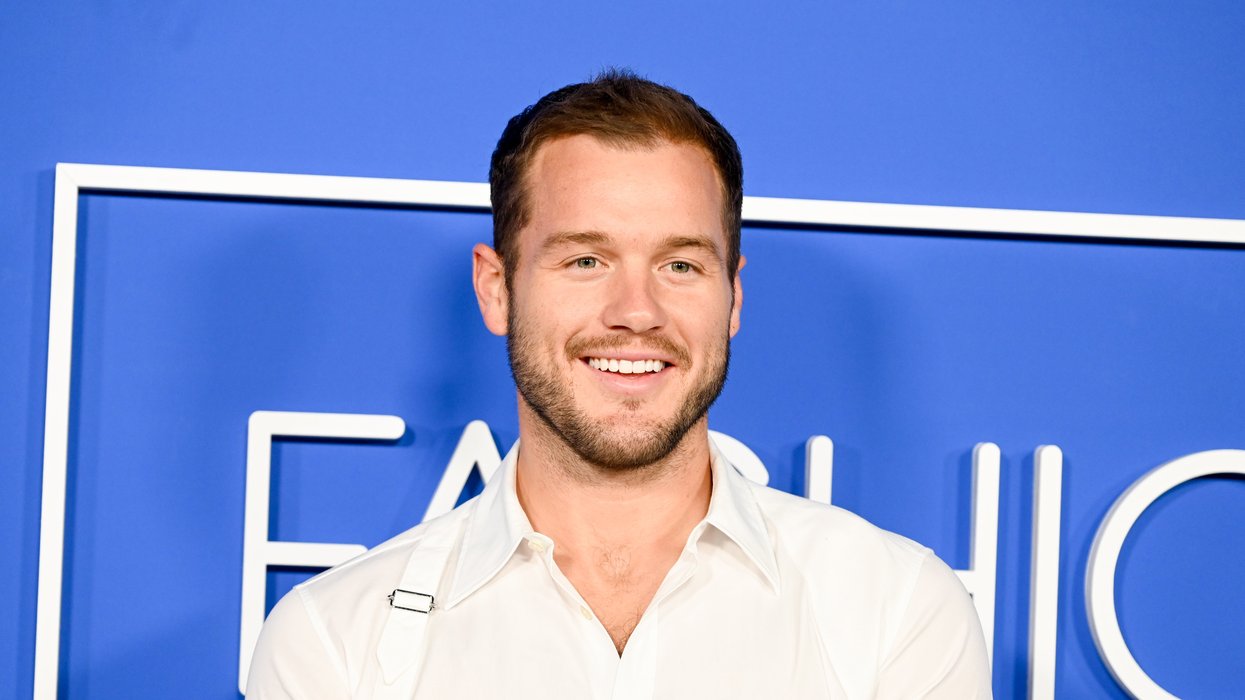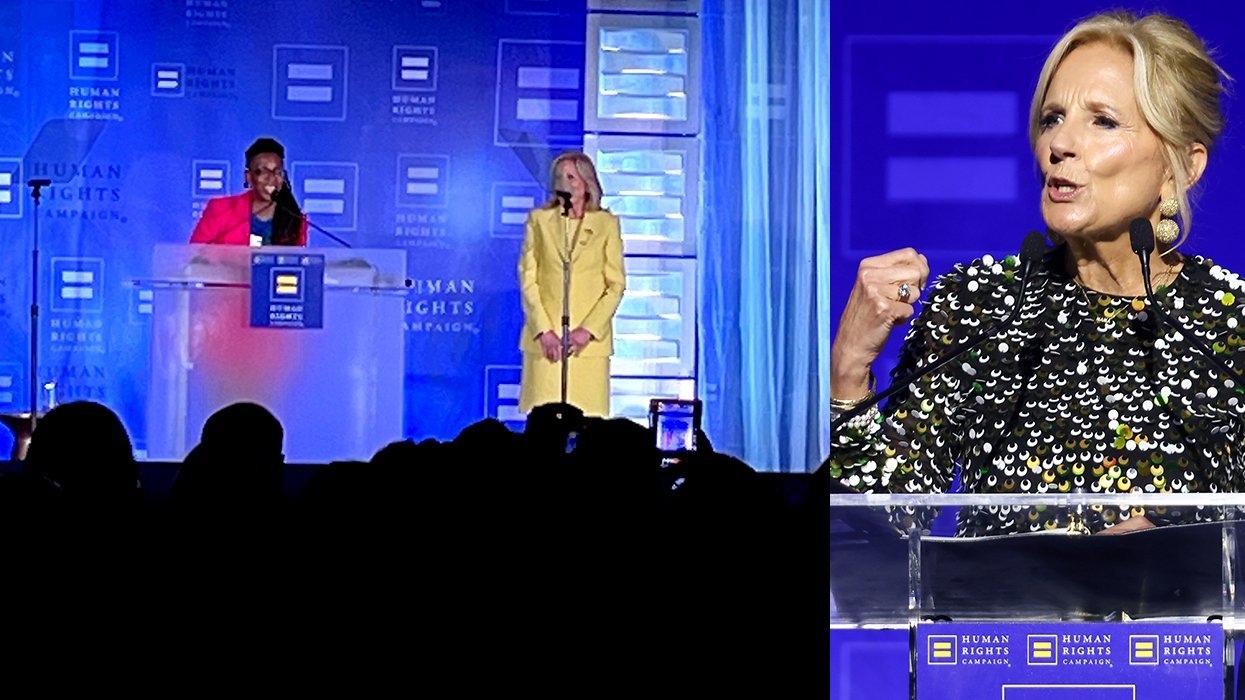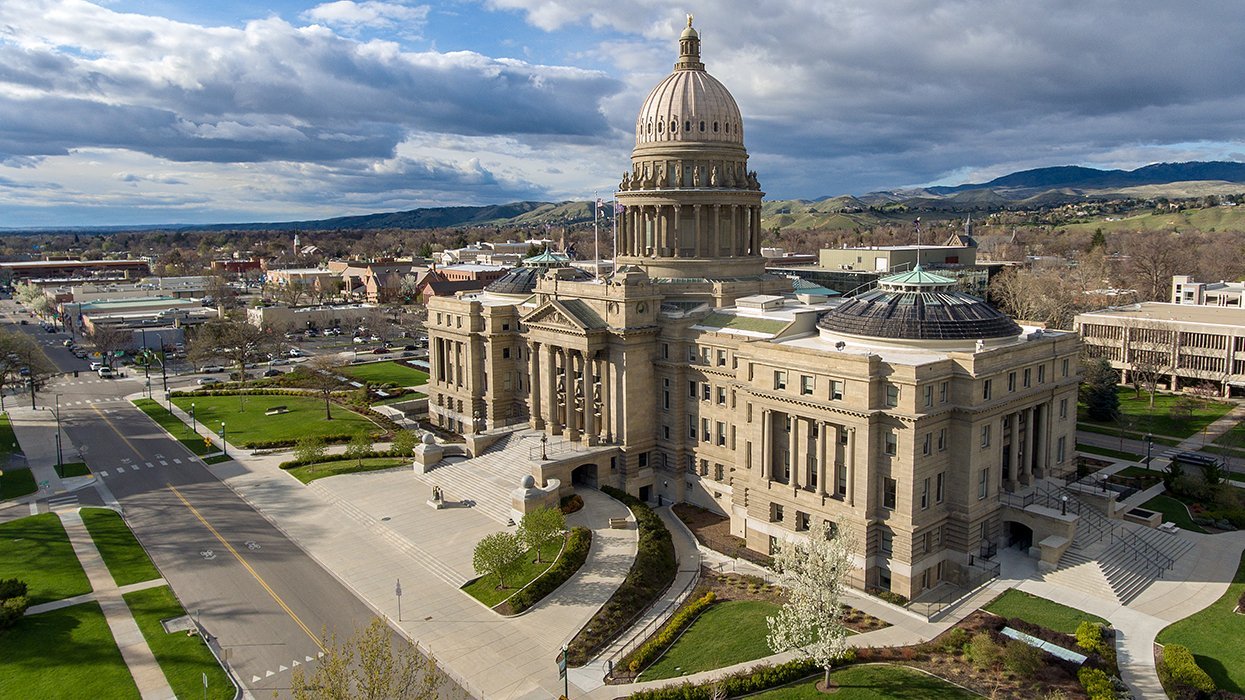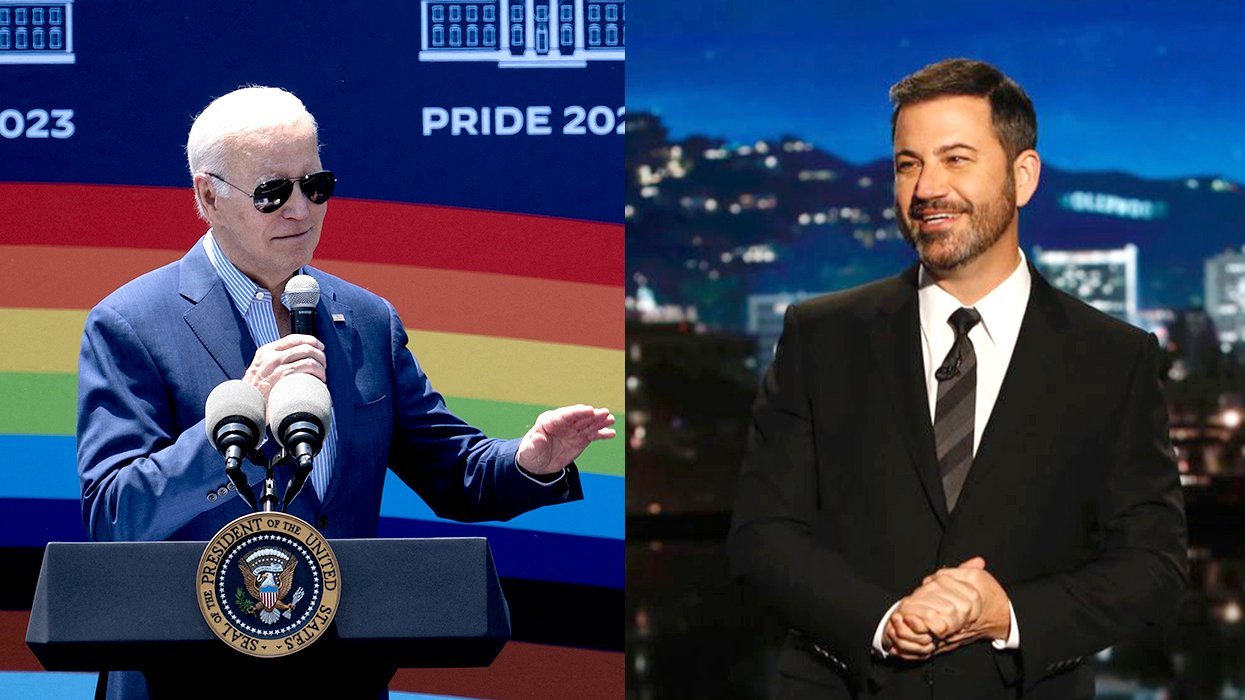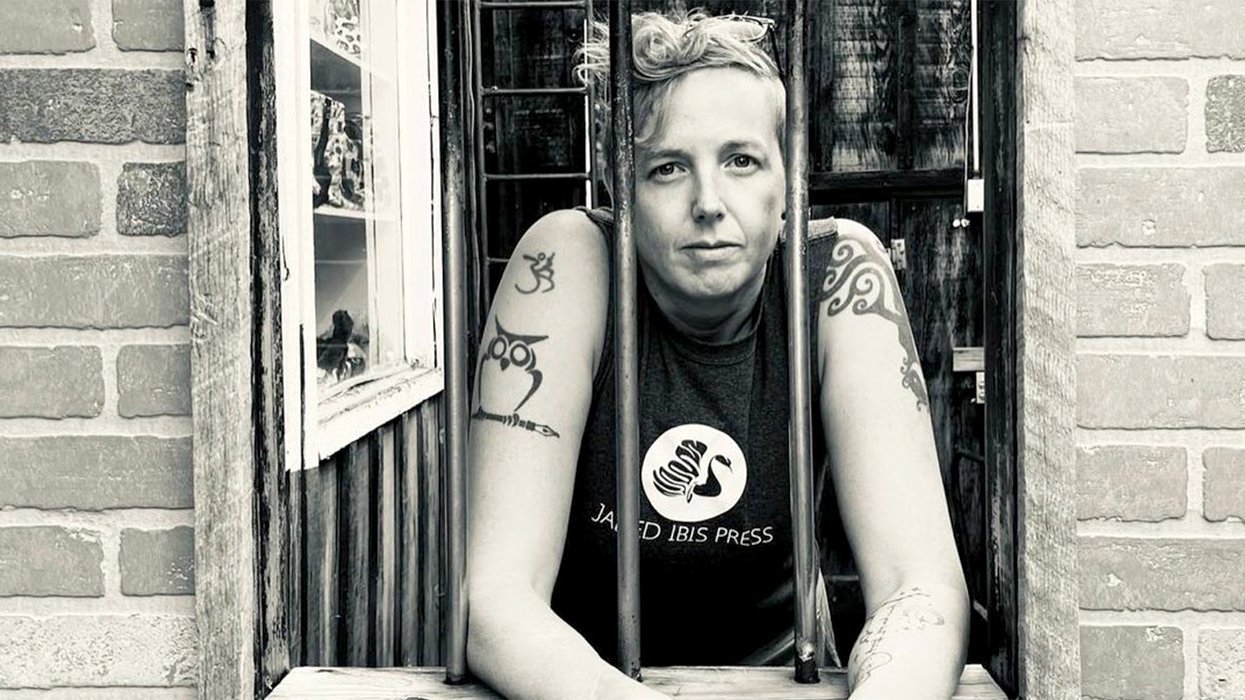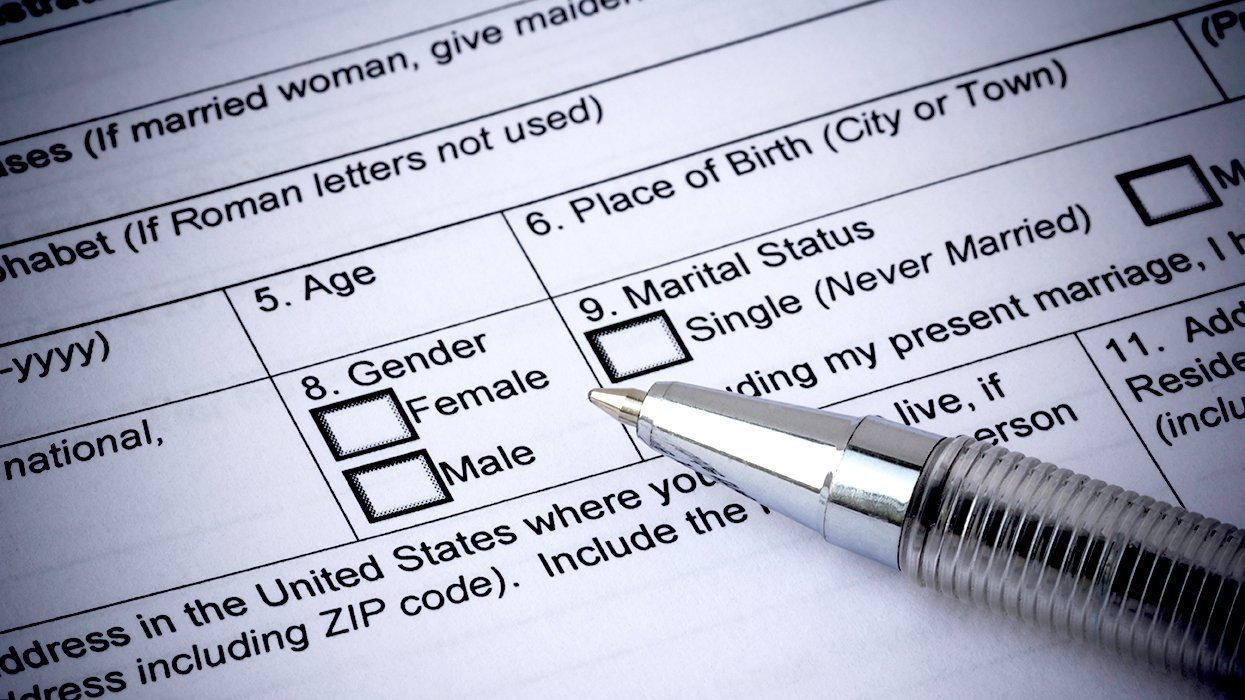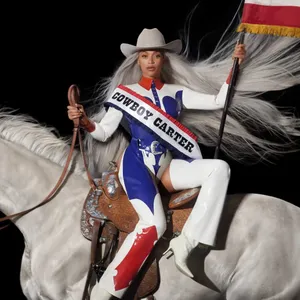The Republican
candidates faced off Wednesday evening during the
CNN/YouTube debate in Florida, but they uniformly supported
"don't ask, don' tell," the military's current
policy of not allowing gays and lesbians to serve
openly.
"I want to
know why you think that American men and women in uniform
are not professional enough to serve with gays and
lesbians," asked retired brigadier general
Keith Kerr, who served 43 years in the military. Kerr
is part of Hillary Clinton's LGBT steering committee,
which was not disclosed during the debate.
Rep. Duncan
Hunter thanked Kerr for his service, then added, ''I believe
in what [Gen.] Colin Powell said when he said that
having openly homosexual people serving in the ranks
would be bad for unit cohesion. The reason for that,
even though people point to the Israelis and point to
the Brits and point to other people as having homosexuals
serve, is that most Americans -- most kids who leave
that breakfast table and go out and serve in the
military and make that corporate decision with their
family -- most of them are conservatives. They have
conservative values, and they have Judeo-Christian
values. To force those people to work in a small tight
unit with somebody who is openly homosexual goes against
what they believe to be their principles -- and it is
their principles -- is, I think, a disservice to
them."
Former Arkansas
governor Mike Huckabee answered, "The Uniform Code of
Military Justice is probably the best rule, and it has to do
with conduct. People have a right to have whatever
feelings, whatever attitudes they wish, but when their
conduct could put at risk the morale, or put at risk
even the cohesion that Duncan Hunter spoke of, I think
that's what is at issue."
CNN moderator
Anderson Cooper then directed the question to former
Massachusetts governor Mitt Romney, who had originally
supported the policy as a path to full integration of
the U.S. military. "You said in 1994 that you
looked forward to the day when gays and lesbians could
serve, and I quote, 'openly and honestly in our
nation's military.' Do you stand by
that?" asked Cooper.
"This
isn't that time. This is not that time. We're in the middle
of a war," said Romney. He then defended his
change in stance. "I didn't think it would
work. I didn't think 'don't ask, don't tell'
would work," Romney said. "And you know
what? It's been there now for, what, 15 years? It
seems to have worked."
Cooper also asked
Sen. John McCain to answer, given his well-known
biography of having served in the military and being a POW
during the Vietnam War.
"General,
I thank you for your service to our nation. I respect
it," said McCain. "All the time, I talk
to our military leaders, beginning with our joint
chiefs of staff and the leaders in the field, such as
General Petraeus and General Odierno and
others... Almost unanimously, they tell me that
this present policy is working, that we have the best
military in history, that we have the bravest, most
professional, best prepared, and that this policy
ought to be continued because it's working."
Mike Huckabee,
who is also a former preacher, was later asked if he would
accept support from the Log Cabin Republicans.
"You know,
in my position in this entire election, I need the support
of anybody and everybody I can get," Huckabee
said to applause. Huckabee, still a long-shot
candidate, is now polling number 2 behind Mitt
Romney in Iowa but has an extreme funding
disadvantage.
Huckabee
continued, "I disagree with them, strongly disagree
with them on the idea of same-sex marriage, but in a
democracy we can have disagreements over some policies
and still agree on the greater things that make us
Republicans. So would I accept their support? Of course.
Would I change my position on same-sex marriage? No, I
wouldn't." (The Advocate)















